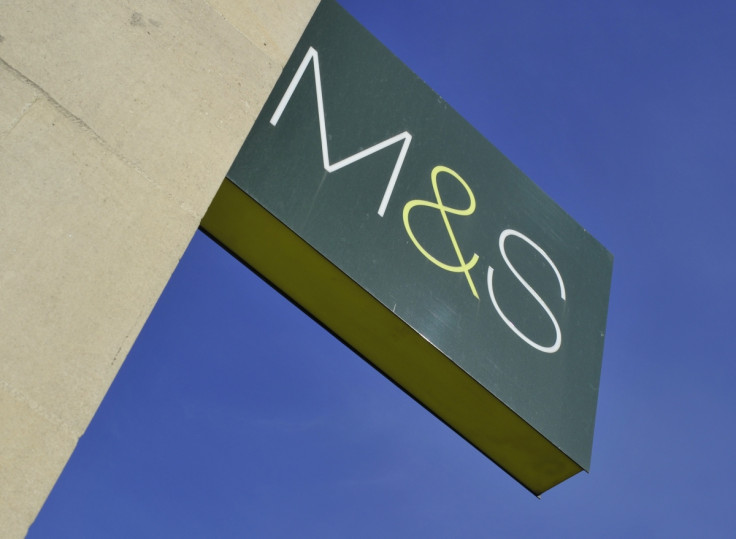M&S, Pork, Alcohol and Muslims: Where Does Respect for Beliefs End for Employers?

Once an employer allows for the whims, quirks, and absurdities of one set of beliefs, it must for all others too.
And it's on that premise that the Marks & Spencer launched a bazooka at its own stupid foot by allowing Muslim cashier staff in one store to refuse, on religious grounds, to sell pork or alcohol products to customers.
At its essence, it is the employer's accommodation of an employee's sincerely held philosophical belief.
This sounds superficially like a reasonable thing for a business operating in a liberal society to do but, by setting such a precedent, M&S opened itself up to all sorts of unmanageable requests.
Where does this type of bending-over-backwards end?
An atheist abhorred by religious iconography could refuse to sell crosses. A Roman Catholic could refuse to sell contraception.
Scientologists could refuse to serve psychiatrists. A health freak could refuse to serve sweets or any high-fat products. An environmentalist could refuse to sell good packaged in non-recyclable materials.
If you bend backwards for one set of beliefs, then you must for all others too, no matter how impractical for the business.
If you allow one group of staff to uphold their particular beliefs in a job that asks them to compromise, it would be discriminatory not to let others uphold theirs too.
Despite M&S's clumsiness, there are questions to be asked of the Islamic staff member who made such a request of their employer.
There is an inherent contradiction in a Muslim working for M&S and, for sincerely held religious reasons, refusing to serve pork or alcohol to customers.
Even if they are not getting their hands dirty with pig flesh and booze, so to speak, they still derive an income from money made on the sales of both pork and alcohol.
If your belief is so strong that you cannot bring yourself to sell a customer pork or alcohol directly, how can you justify earning money indirectly from trading in both products?
What would have been a more sensible accommodation of this worker's religious beliefs, that would also not have an impact on the customer experience, is to put them in a role that does not involve the sale of pork or alcohol.
This is a policy that M&S claims to have. But the store added in a statement that it assesses requests on a "case by case basis and may lead to an individual working in a department where conflicts wouldn't arise".
A case by case basis is not a one-size-fits-all, universal policy. It leaves the door open to so-called "isolated" incidents, such as the pork and alcohol issue. It should be the same, uniformly enforced policy across the whole business.
If you cannot fully perform a job's tasks because of your beliefs, then find work in an alternative department or different workplace altogether.
An appropriate role should also be a consideration on the worker's mind, not just the employer's. Why would you think you have the right to work in a grocery shop that sells products you cannot handle because of your religion?
Employers are legally obliged to accommodate reasonable requests, but you are not entitled under the guise of religious freedom to jobs you are unable to carry out in full.
Shane Croucher is a senior business journalist at IBTimes UK.
© Copyright IBTimes 2025. All rights reserved.






















